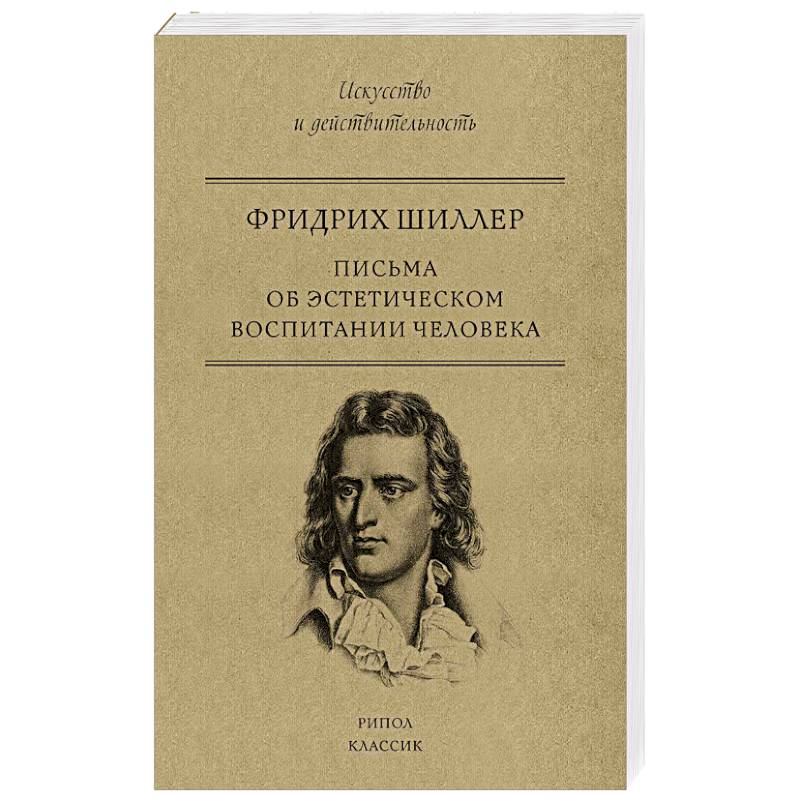Letters about the aesthetic education of man
Please sign in so that we can notify you about a reply
The treatise of Friedrich Schiller about the role of art in society belongs to the deepest works of German philosophy. The book, first published in 1795, is relevant today.
Starting from the political analysis of modern society - in particular, the French revolution and its inability to realize universal freedom, Schiller notes that people cannot overcome their circumstances without education. He considers art as a means of education that can free people from restrictions and excesses of both pure nature and pure mind. Through aesthetic experience, he claims, people can reconcile internal antagonism between feeling and intelligence, nature and reason.
Schiller’s proposal about art as fundamental for the development of society and personality is a long -term influential concept, and this volume gives the most clear, vital expression of his philosophy
Starting from the political analysis of modern society - in particular, the French revolution and its inability to realize universal freedom, Schiller notes that people cannot overcome their circumstances without education. He considers art as a means of education that can free people from restrictions and excesses of both pure nature and pure mind. Through aesthetic experience, he claims, people can reconcile internal antagonism between feeling and intelligence, nature and reason.
Schiller’s proposal about art as fundamental for the development of society and personality is a long -term influential concept, and this volume gives the most clear, vital expression of his philosophy
Author:
Author:Friedrich Schiller
Cover:
Cover:Soft
Category:
- Category:Politics & Social Science
- Category:Phylosophy
- Category:Reference books
Publication language:
Publication Language:Russian
Paper:
Paper:Coated
ISBN:
ISBN:978-5-386-10464-1
No reviews found
